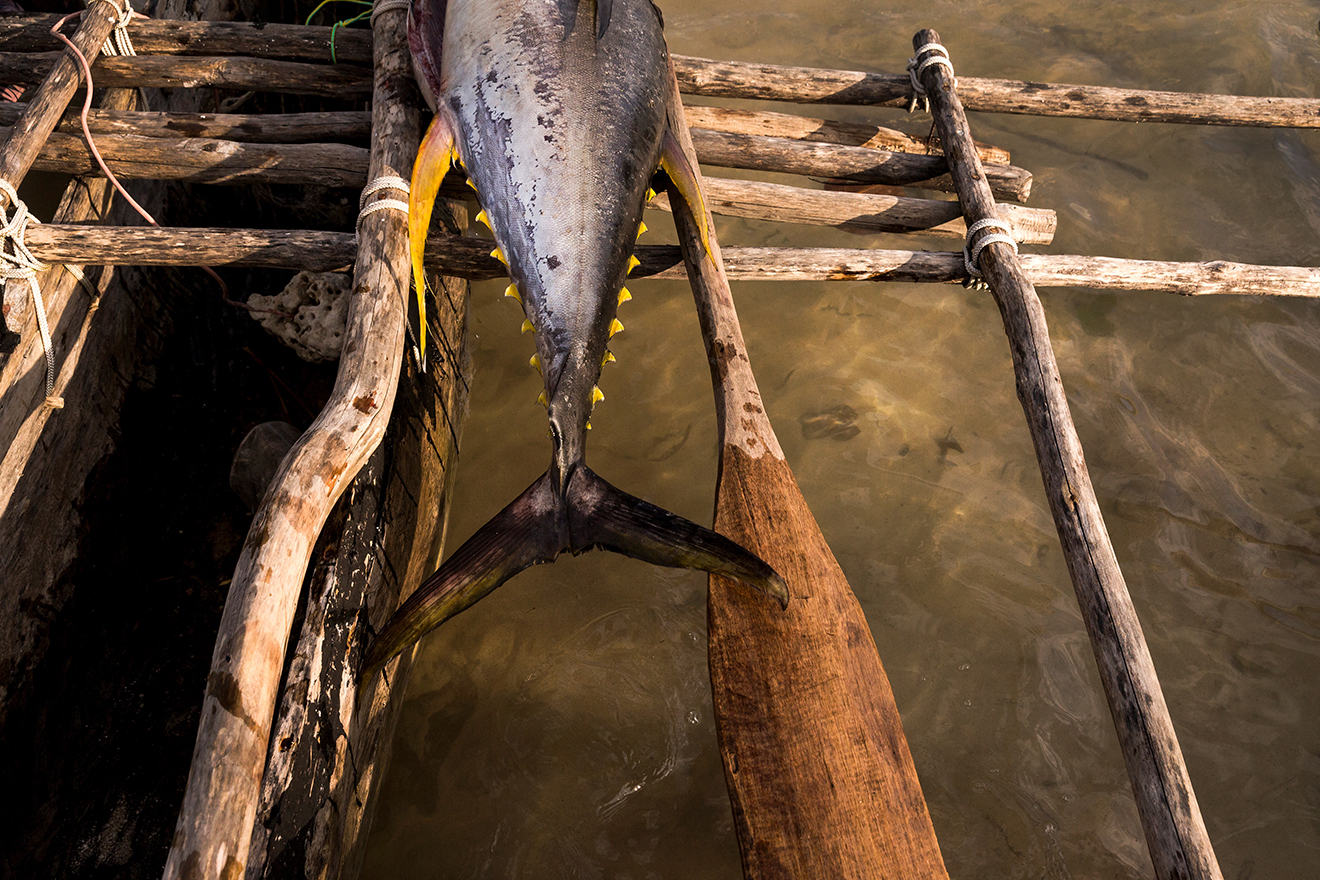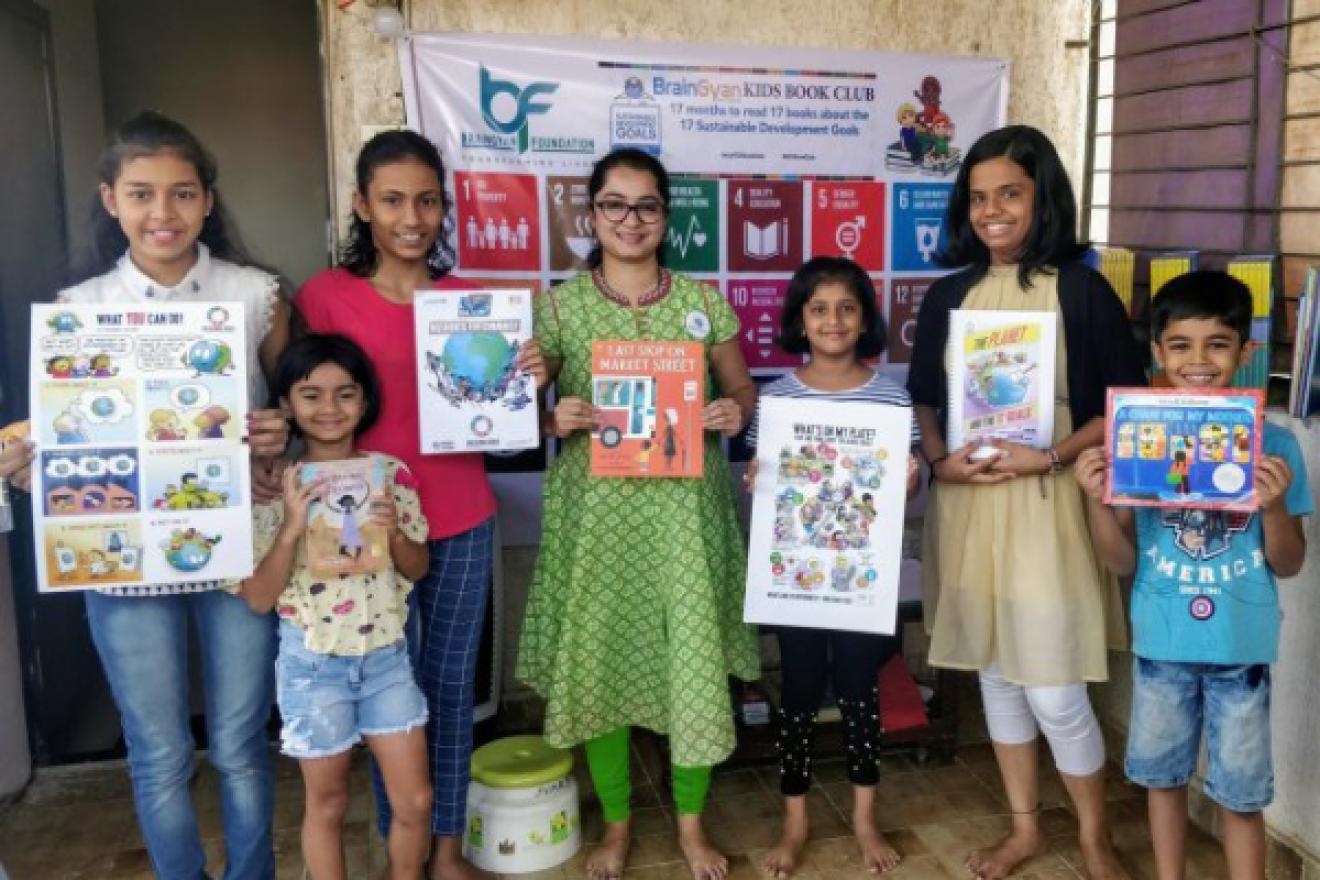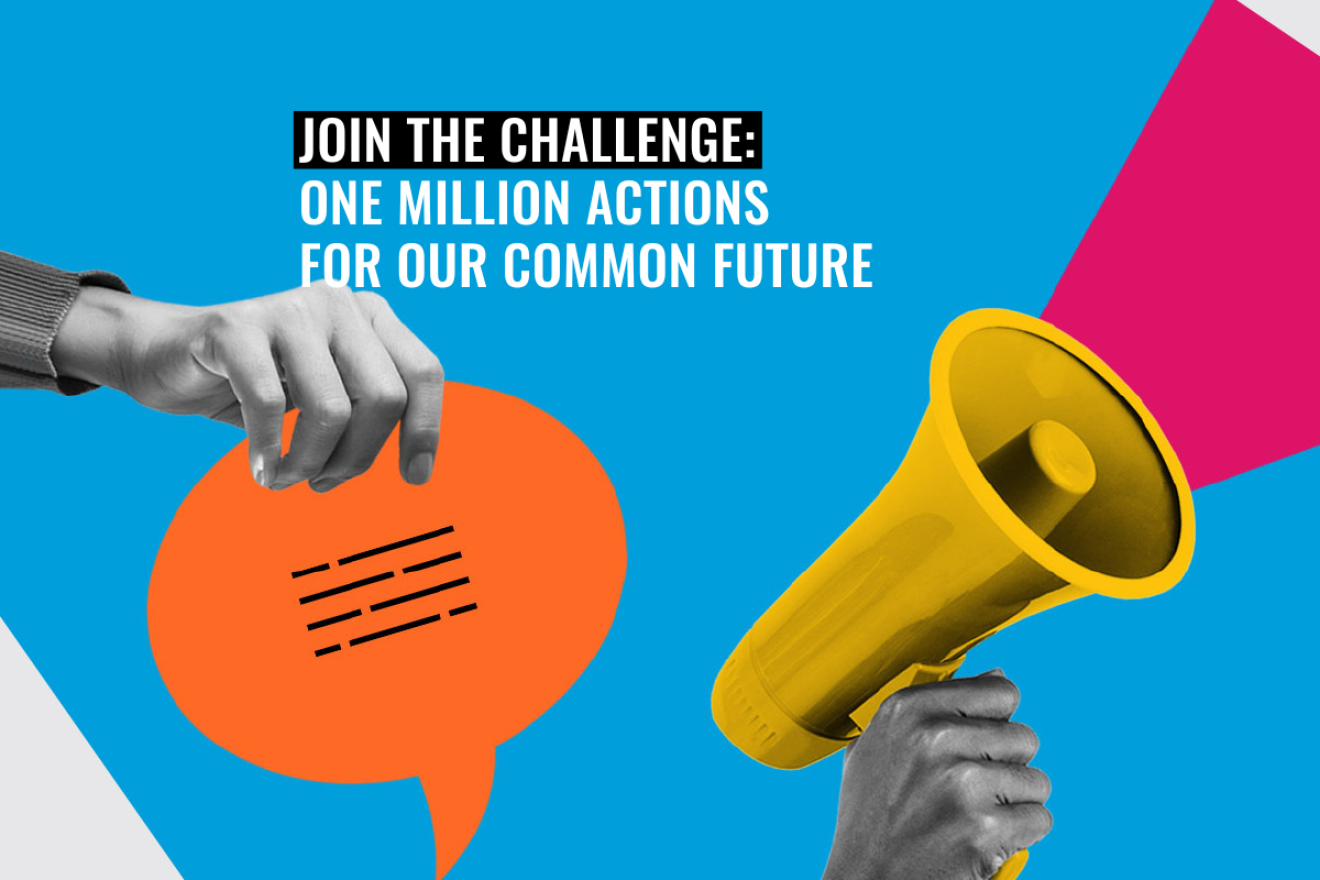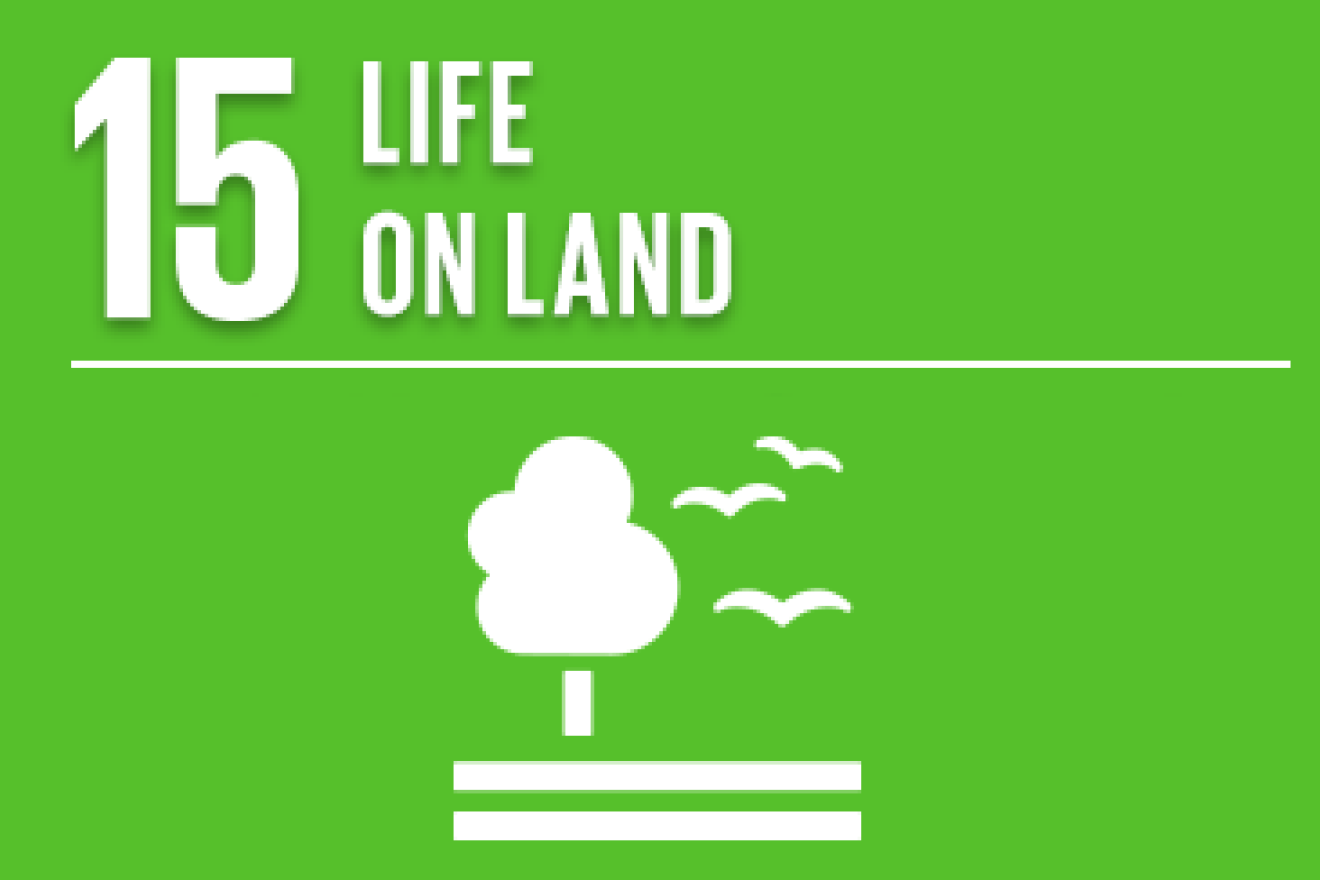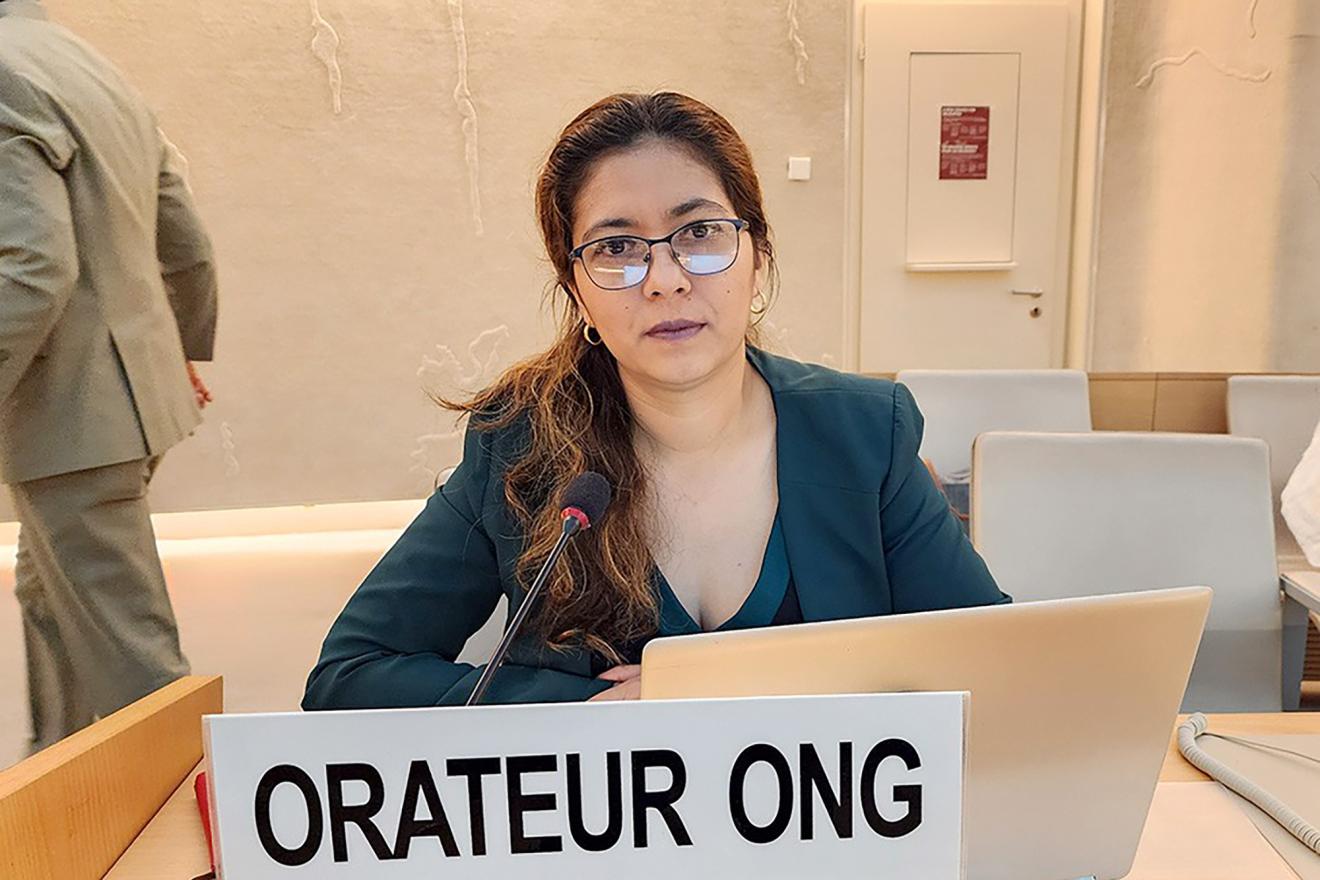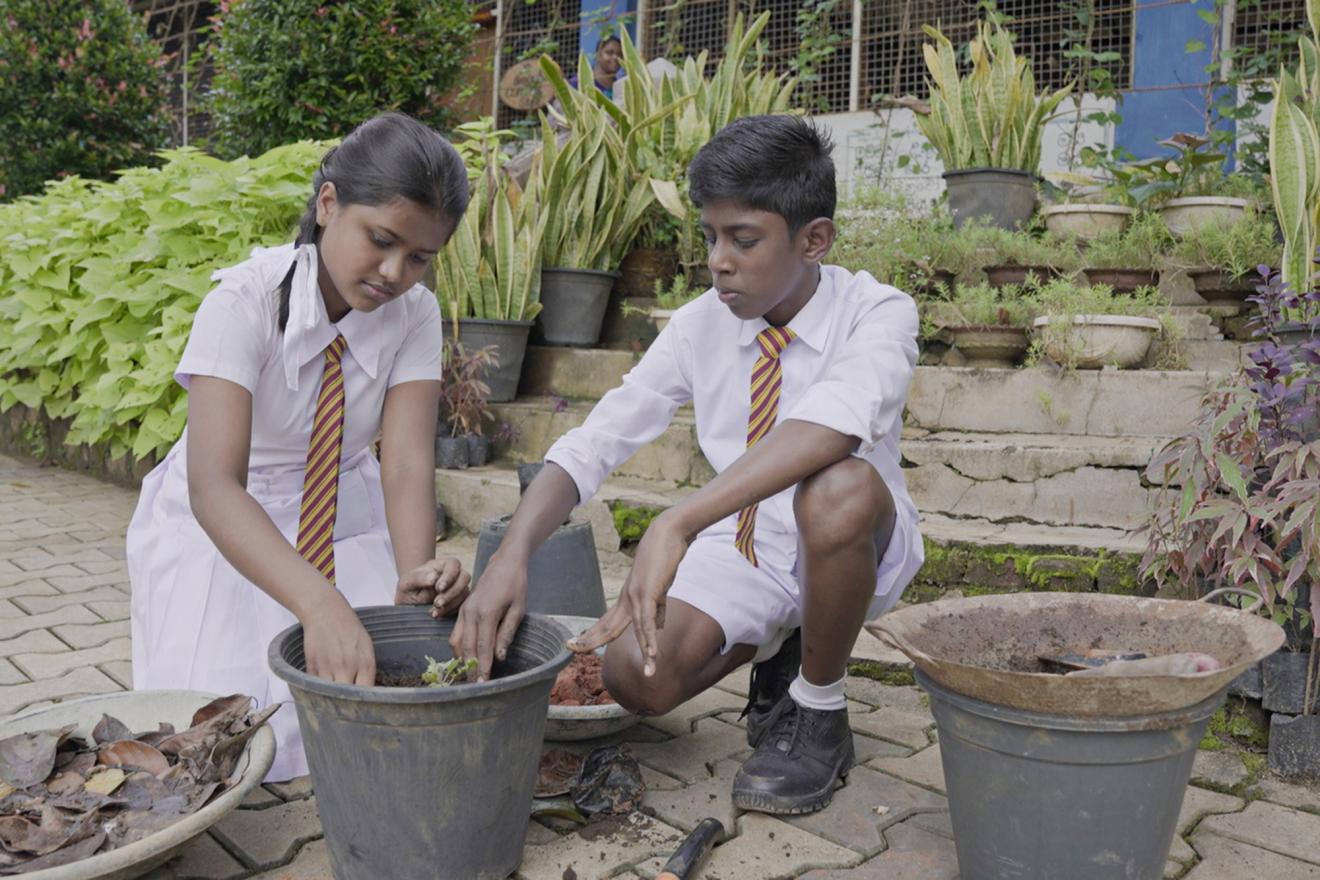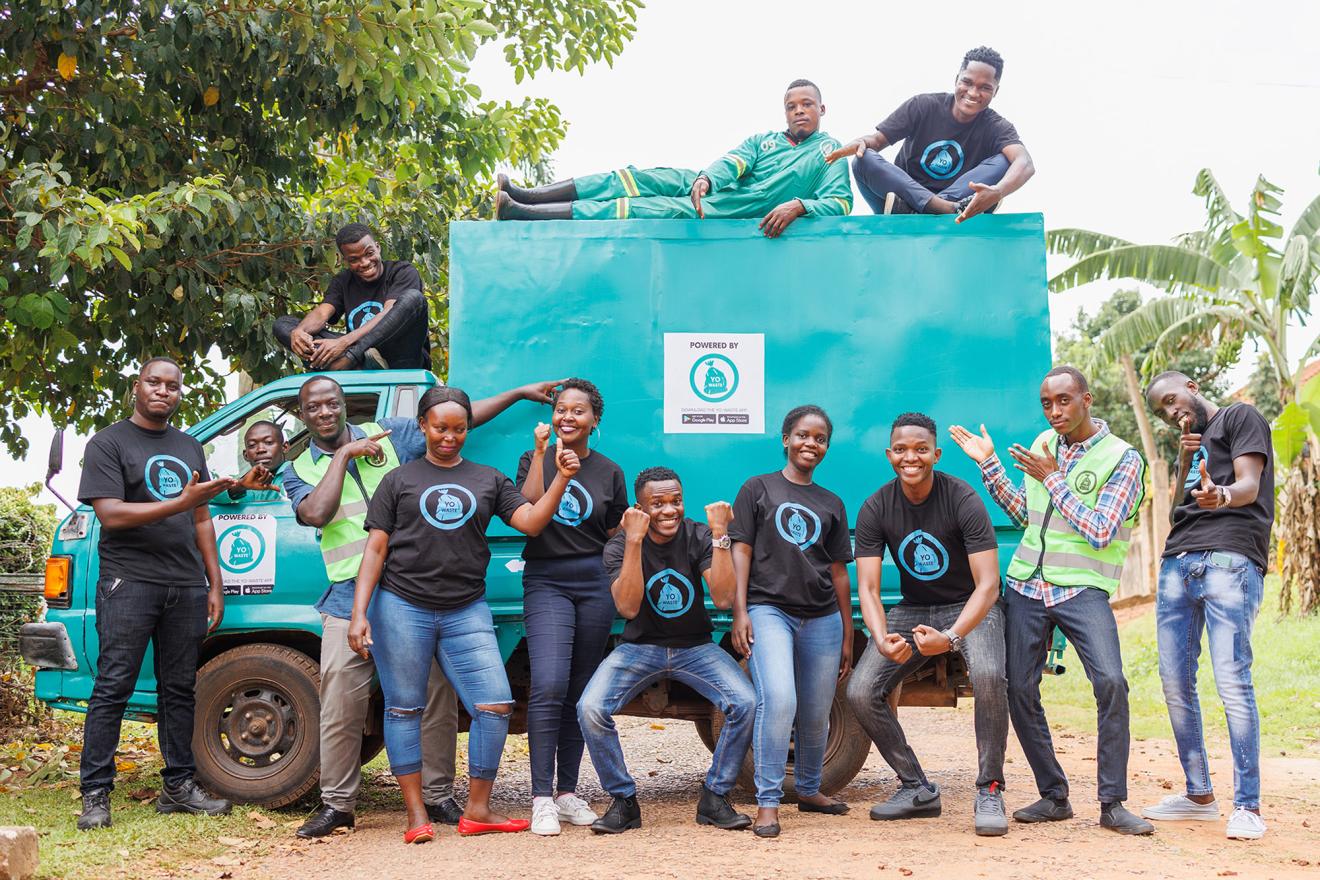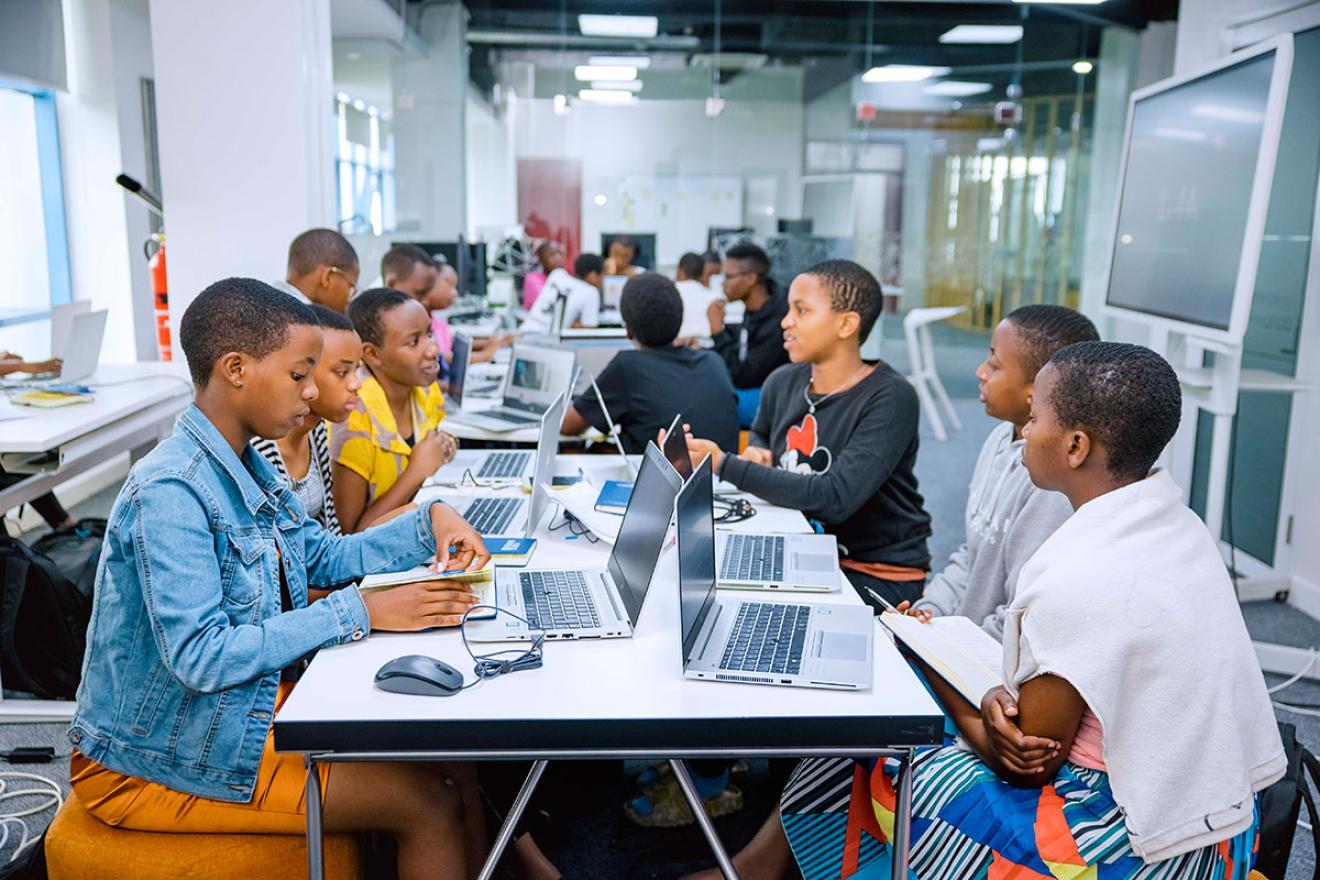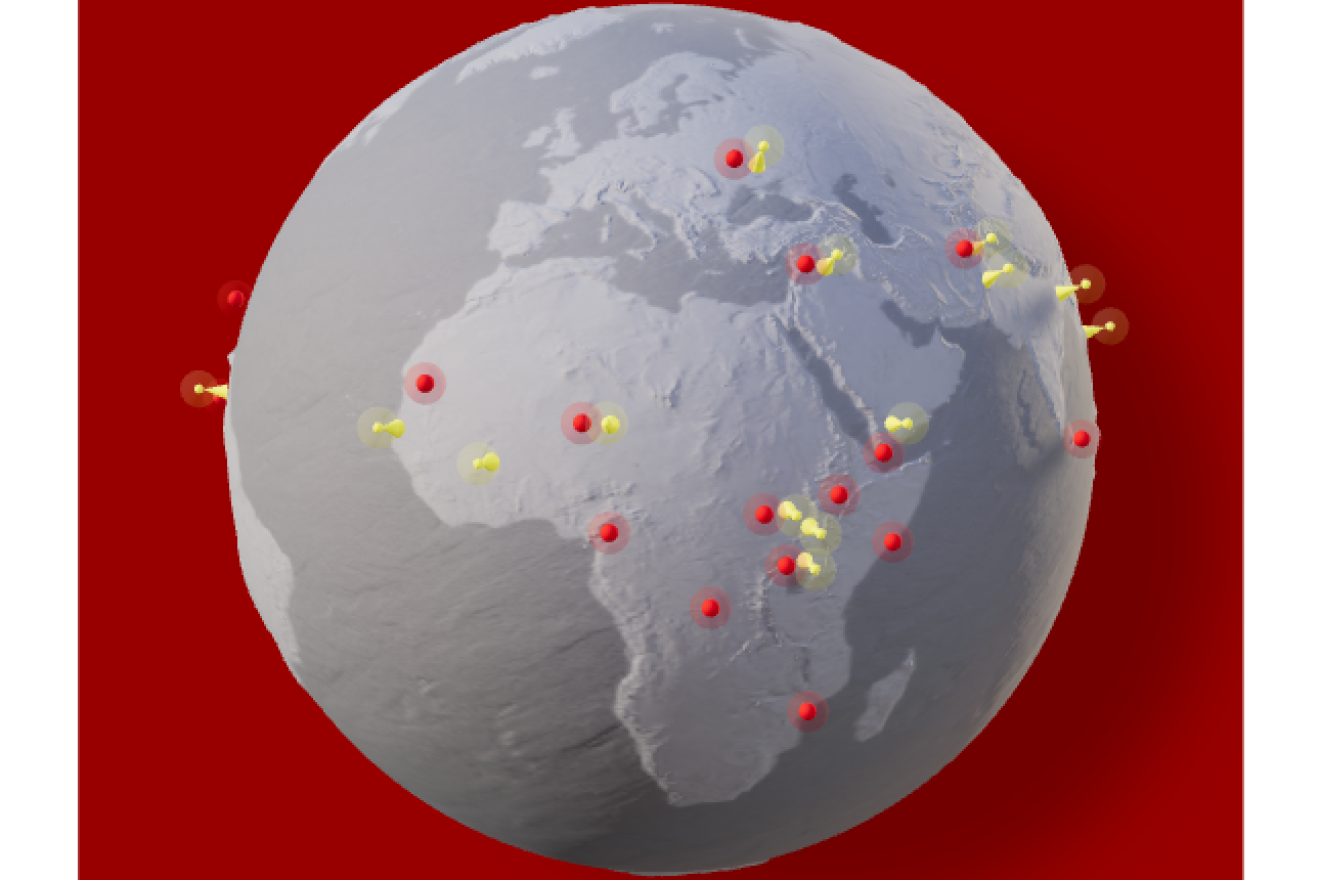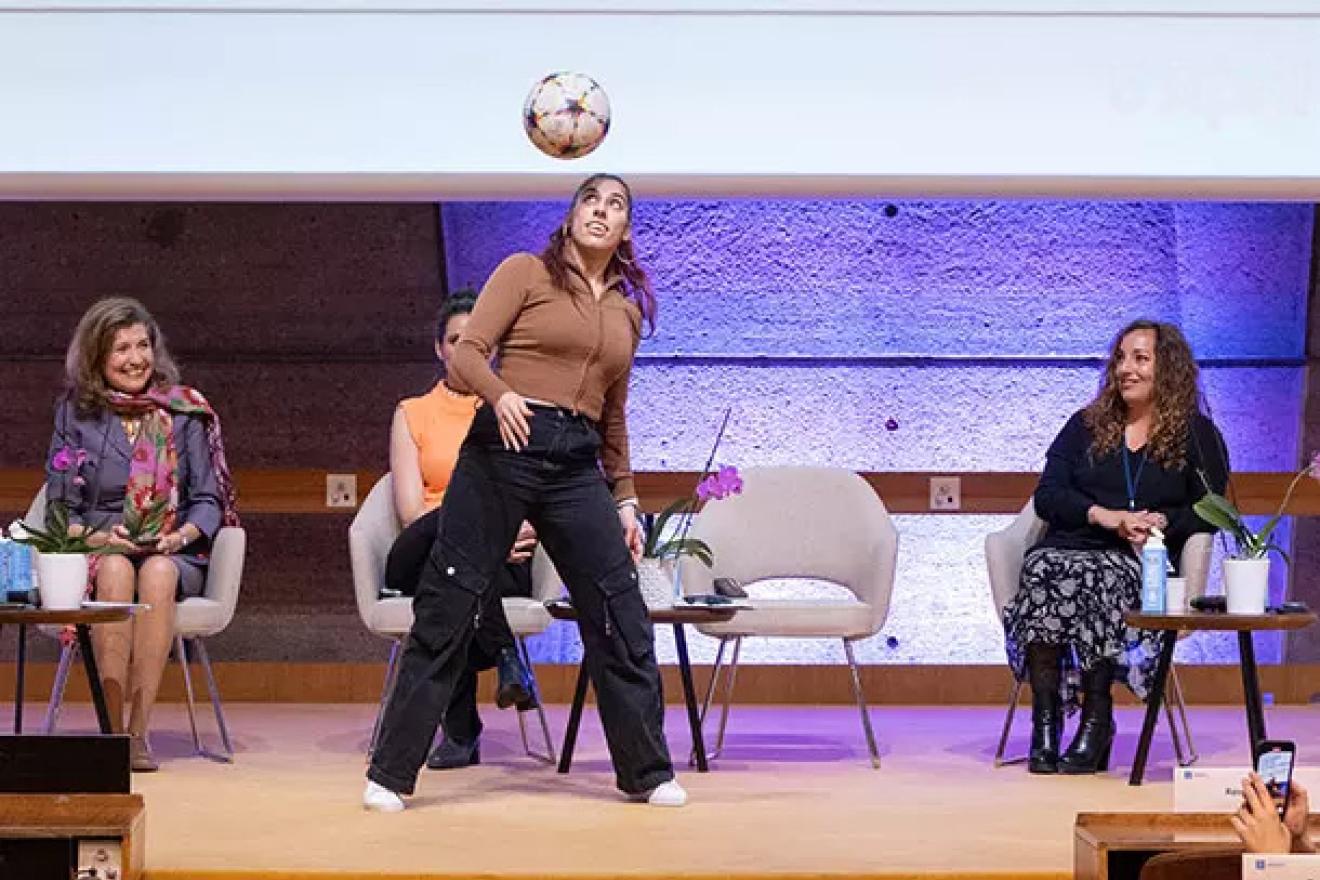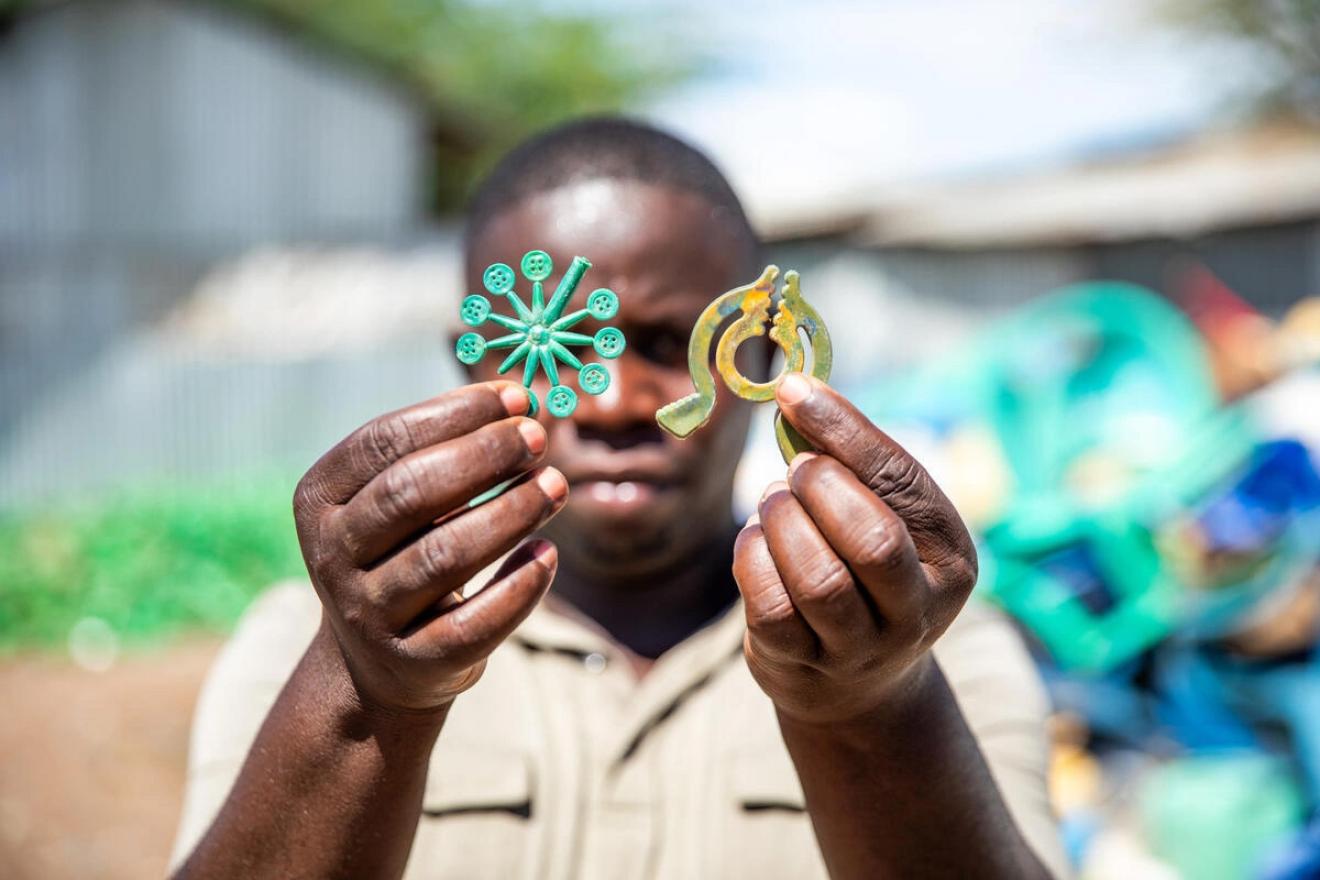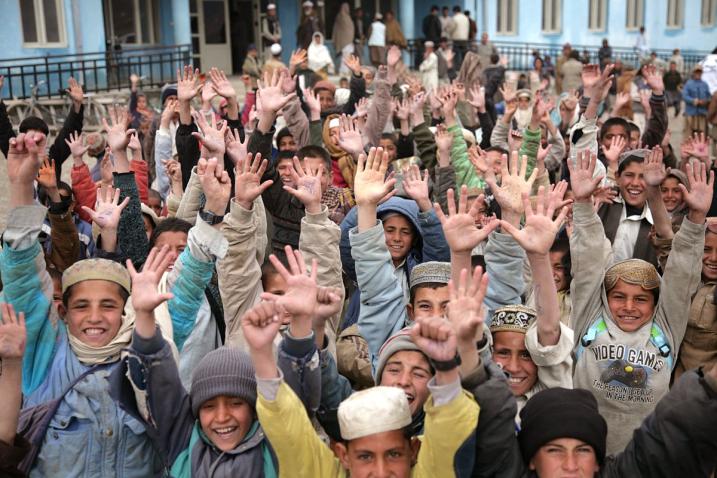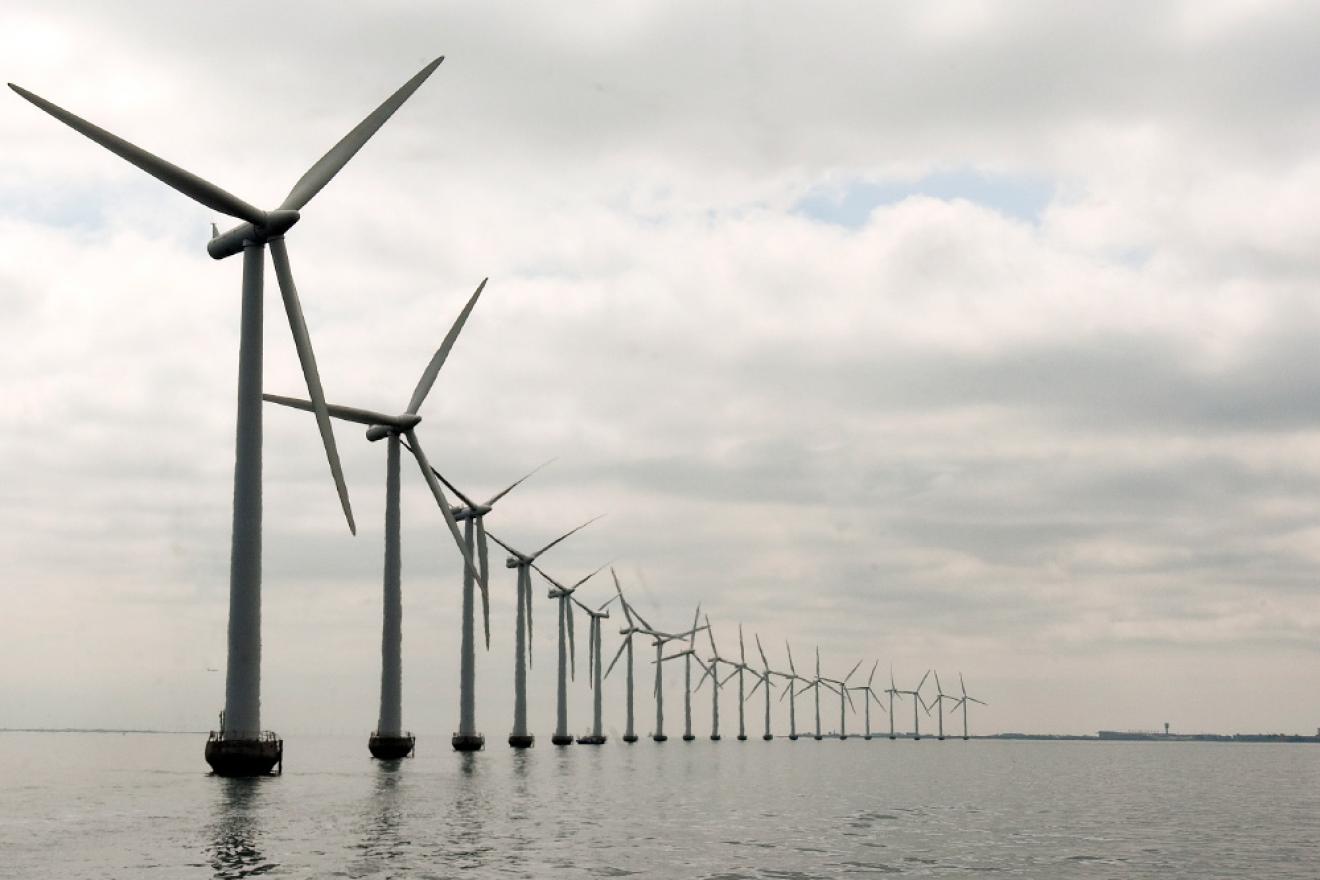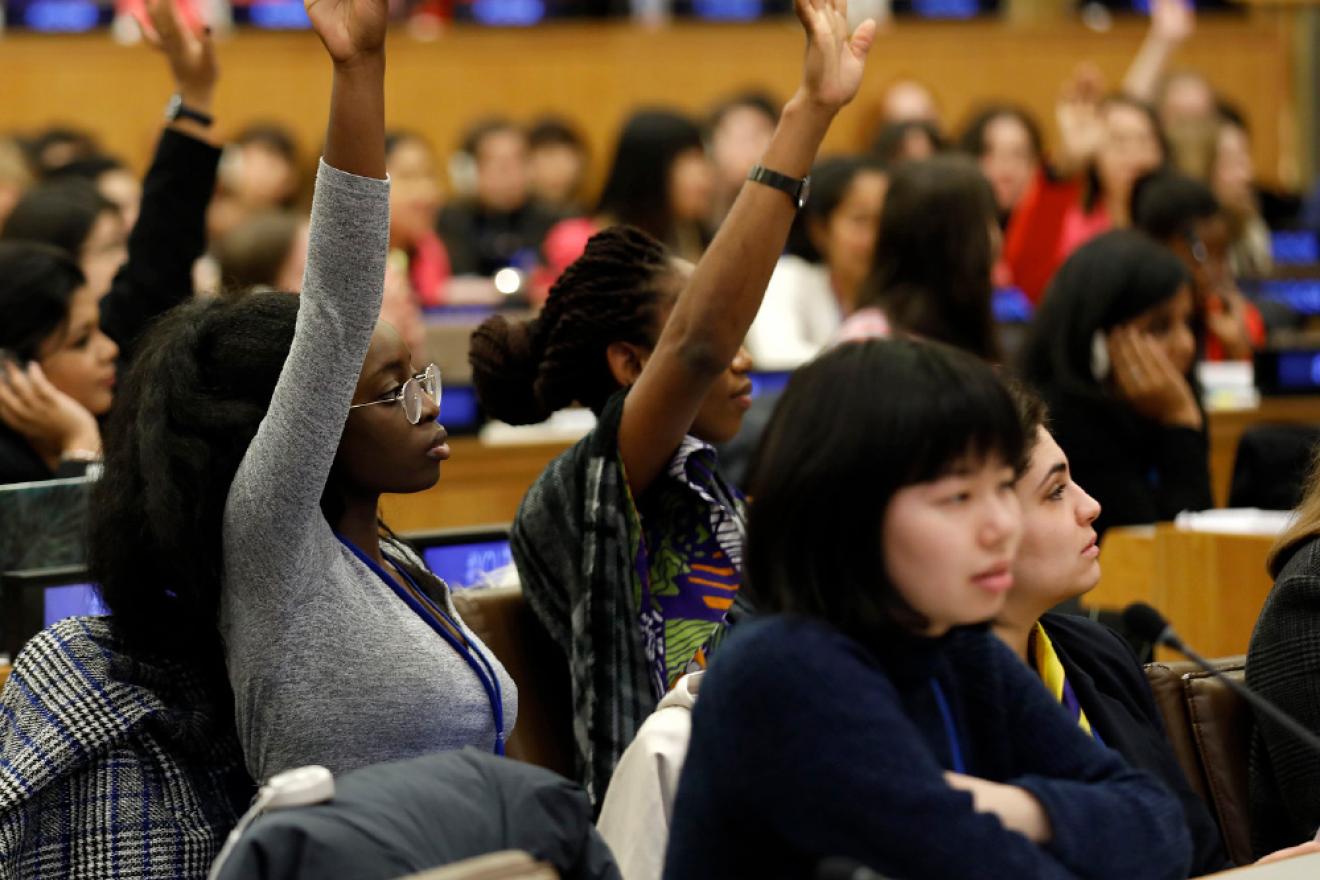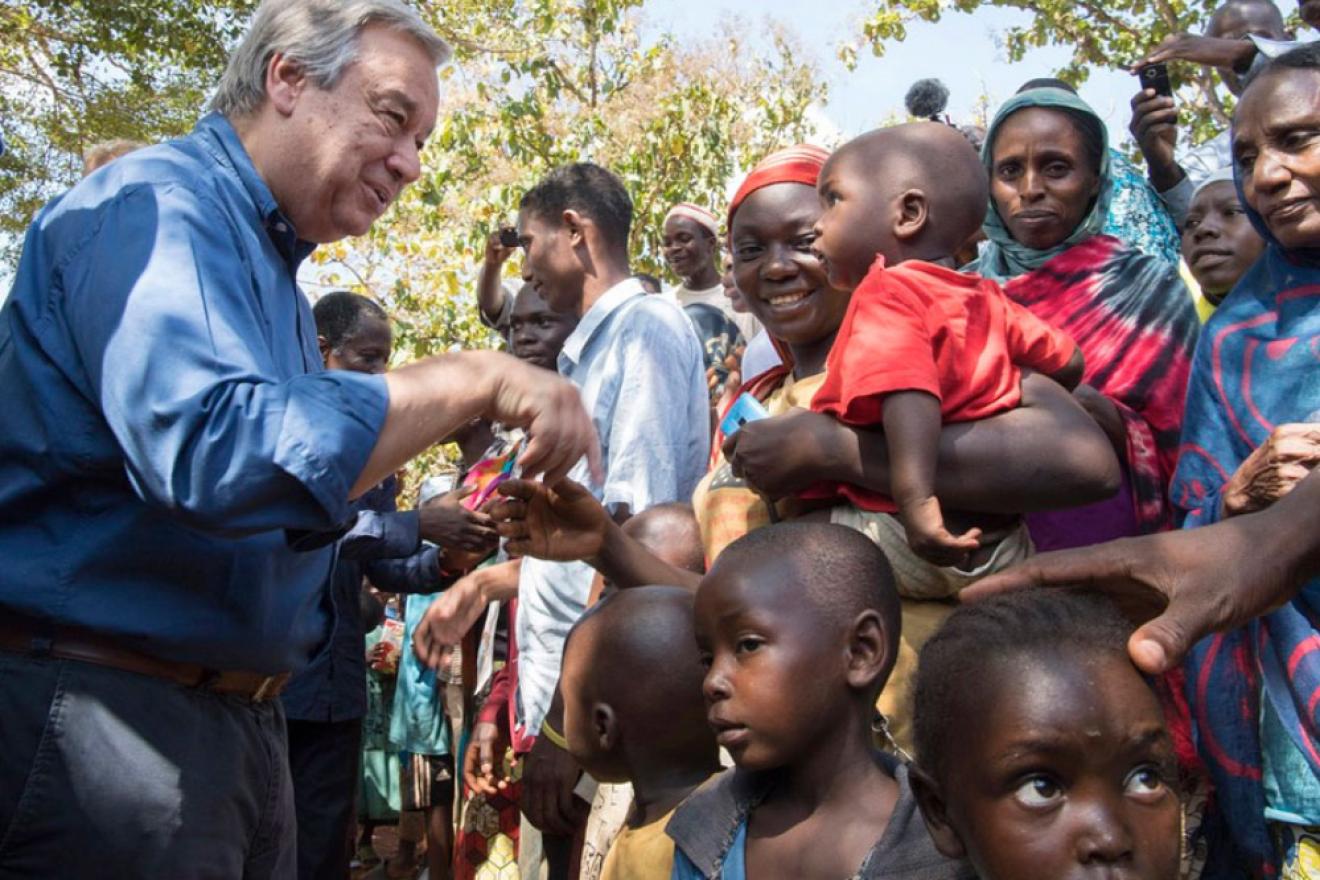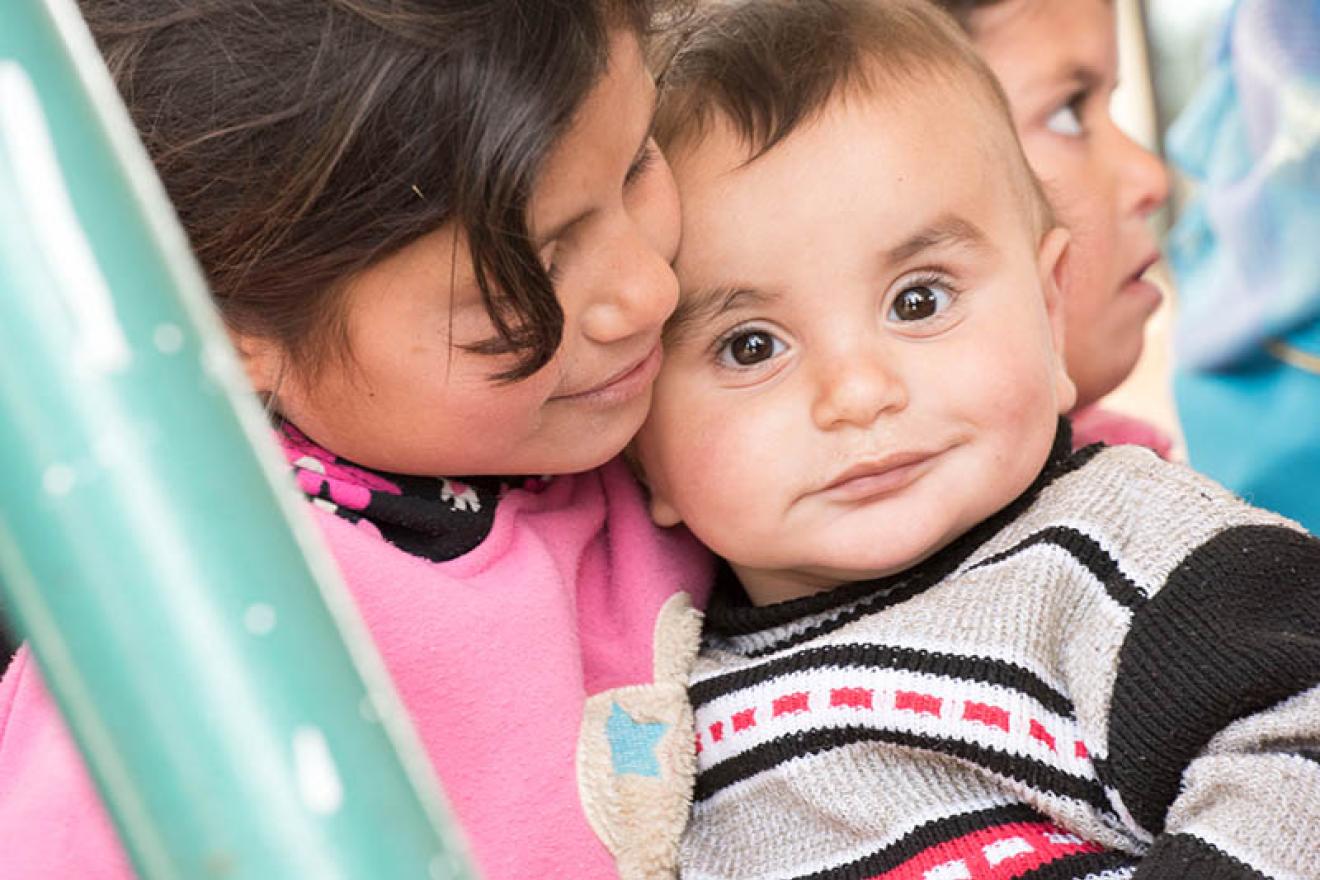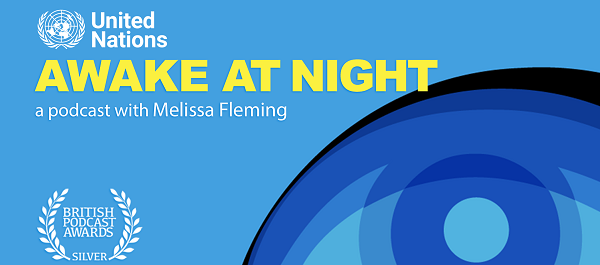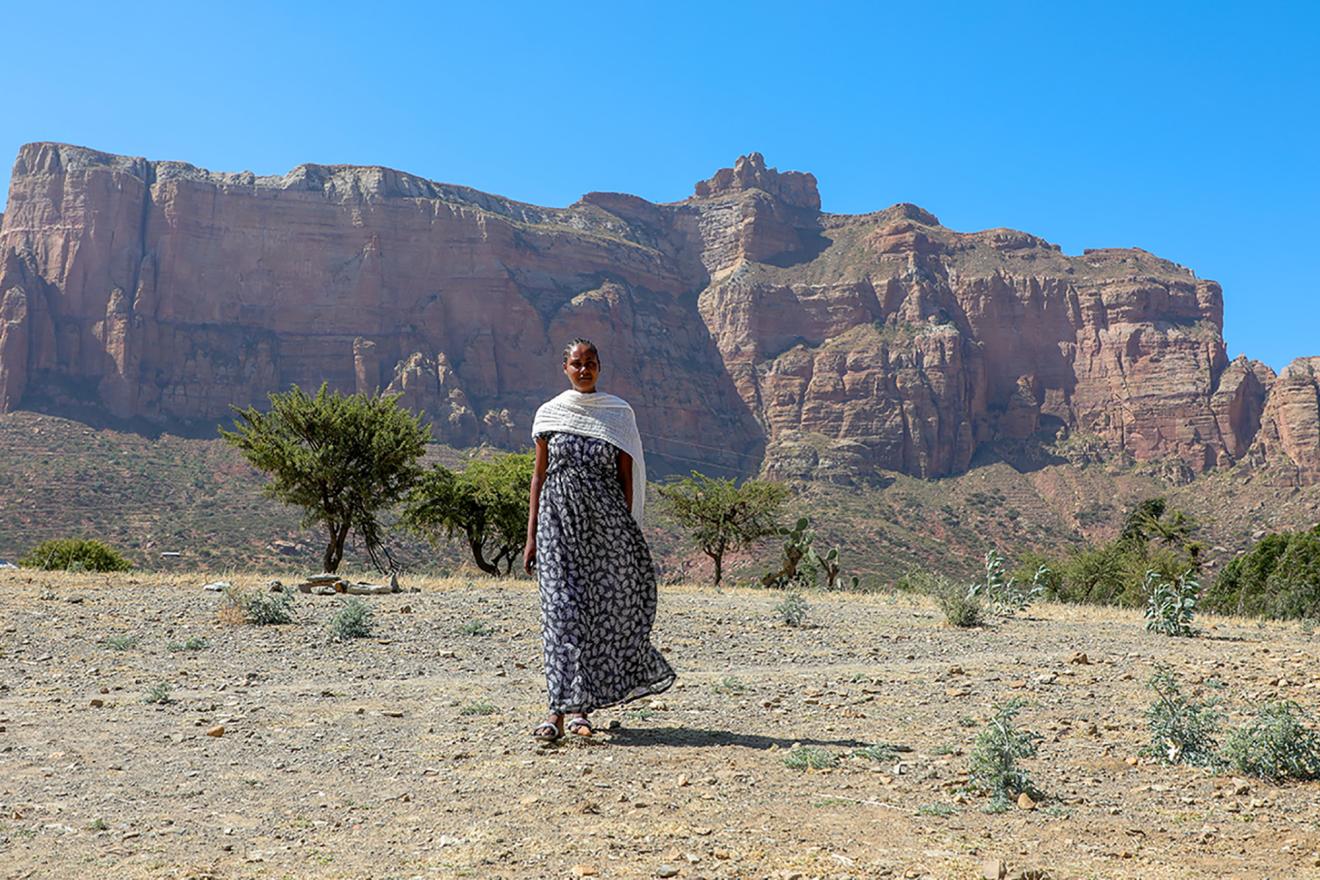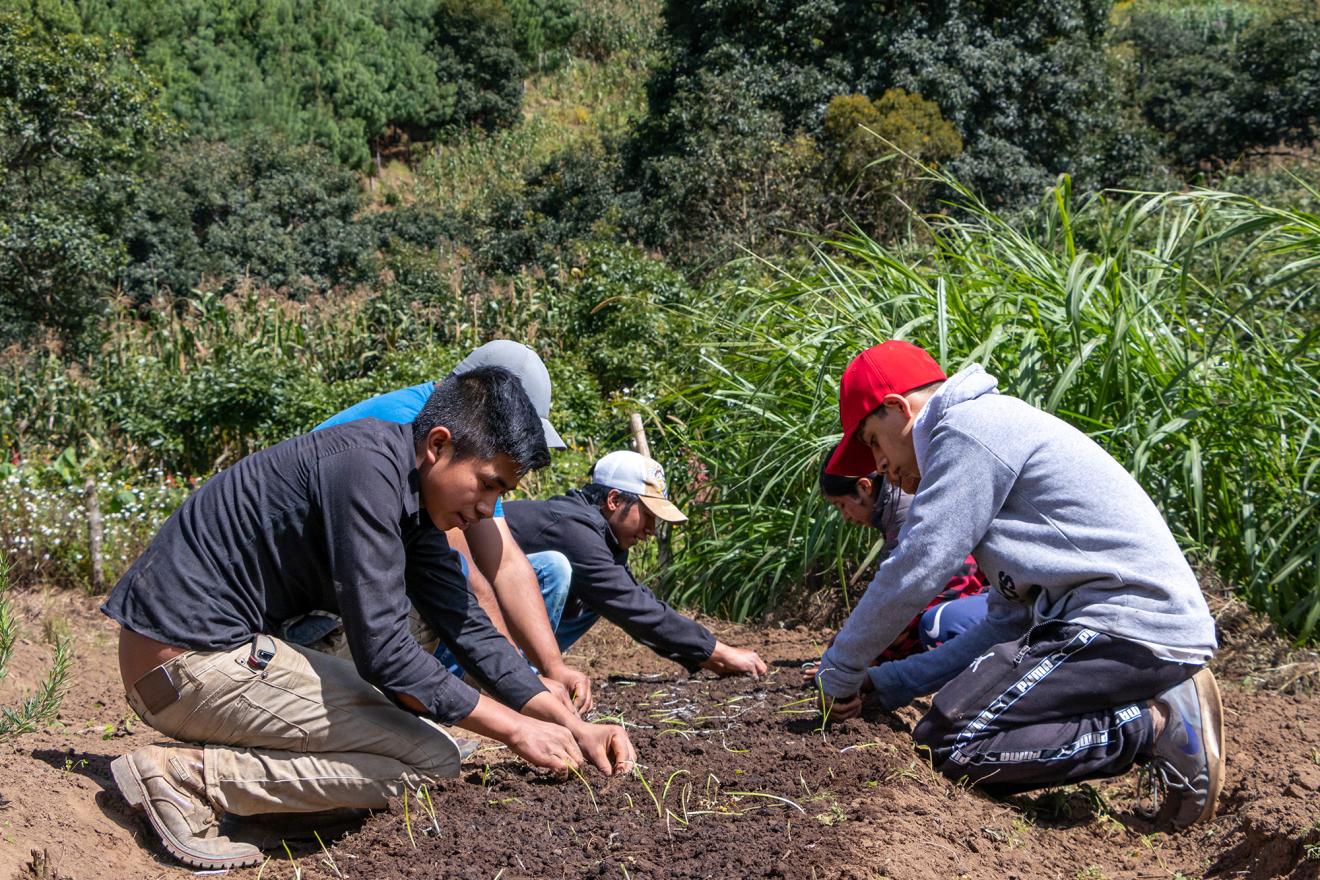Learn more about the Sustainable Development Goals! On our student resources page you will find plenty of materials for young people and adults alike. Share with your family and friends to help achieve a better world for all.
Sustainable tuna fishing for a healthy ocean
It is rich in Omega-3 and it also contains minerals, proteins, and vitamin B12, among other advantages. As a result of the amazing qualities of tuna, the fish are threatened by overwhelming demand, overfishing, and climate change’s effects. That is why, every 2 May, we observe World Tuna Day, to underline the importance of conservation management. Promoting systems to protect tuna stocks for the health of the ocean ecosystem will also ensure the livelihood of those small-scale fishing markets that provide employment, income and food security in the most disadvantaged areas of the world.

Europe: Report highlights direct link between pandemic and childhood obesity
1 May 2024 — The COVID-19 pandemic has led to increased obesity in school-aged children in Europe, the World Health Organization (WHO) office for the region said in a new report issued on...
Gazans on tenterhooks awaiting news of ceasefire call
1 May 2024 — Amid growing international calls for restraint from Israel in Gaza and reports on Wednesday of further deadly strikes overnight, UN humanitarians underscored the ongoing devastating...
‘Extraordinary, deep anxiety’ in Gaza over feared Rafah attack
30 April 2024 — Ordinary Gazans remain in a “constant state of trauma” over an impending full-scale Israeli attack on the enclave’s southernmost city of Rafah amid a growing number of strikes...

